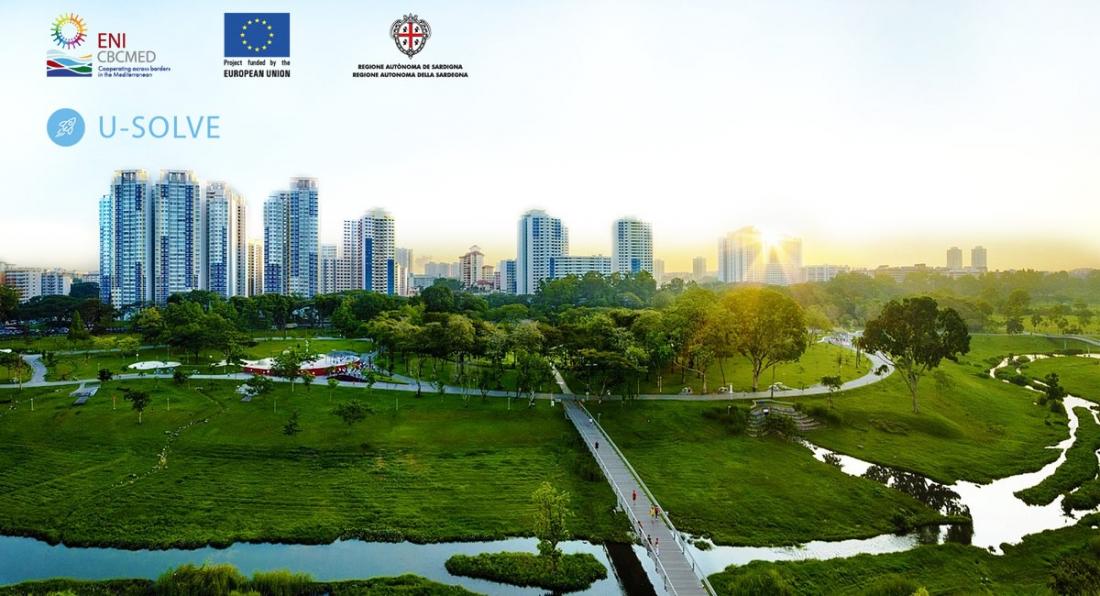U-SOLVE adopte la méthodologie de l'économie du beignet pour le développement durable des communautés urbaines

Ce contenu est disponible uniquement en anglais
The myth of unlimited growth, which does not take into account inequalities and the amount of available resources, has generated growing problems over time, as witnessed by the crises that have opened the 21st century: the financial, the climate and the health crisis linked to the spread of Covid-19. New policies and models together with a change in mentality are now needed. Our happiness does not depend on how much we consume.
By developing actions for the economic growth of Euro-Mediterranean countries, U-SOLVE project wants to promote a new system of indicators, allowing us to look at progress from a new perspective that is sustainable for people , the environment, that is regenerative and redistributive. In this sense, Consorzio Arca, U-SOLVE Lead Beneficiary, in collaboration with all partners, wants to test and develop an innovative process for urban development based on the "doughnut economy”.

The idea of the doughnut comes from the circular shape of the model in which there is a hole representing the point where basic human needs are not met: this is where those who do not reach the minimum standards of income, education, health care, housing, food, access to clean water and air are placed.
The goal for humanity must be to get all people out of the hole and into the green part of the doughnut, where needs such as food, education, health and equality are met. This is to be achieved without straying into the outer part of the doughnut, the so-called 'ecological ceiling', which represents the point at which resource exploitation becomes excessive, and therefore unsustainable for the planet. The outer edge therefore marks the limit, drawn on the basis of a great deal of study and research, beyond which we end up consuming more than the available resources. In practice, it is the boundary that must not be crossed to avoid damaging climate, oceans, biodiversity, and therefore the Earth as a whole. We can also consider the doughnut as a dashboard to drive communities towards the well know 17 Goals for Sustainable Development defined by the United Nations (UN).
The model we want to promote draws on the insights of various schools of economic thought . including ecological, feminist, institutional, behavioural and complexity economics . It allows for an improvement of everyone’s economic and social conditions, and it succeeds in levelling out inequalities without overstretching the limited resources of planet earth. In other words, it is a system that takes into account the problems, complexities and facets of the social and economic conditions of populations and leads to the achievement of a more sustainable situation, for human beings and the environment. The aim is to achieve by 2050 the goal of a zero-impact city, based on a circular economy and at the same time capable of combining "economic development and individual protection". The U-SOLVE community also wants to make its contribution to this change, by applying these concepts to the Mediterranean urban communities and linking the project activities with the broad Doughnut Economy Action Lab initiative.







